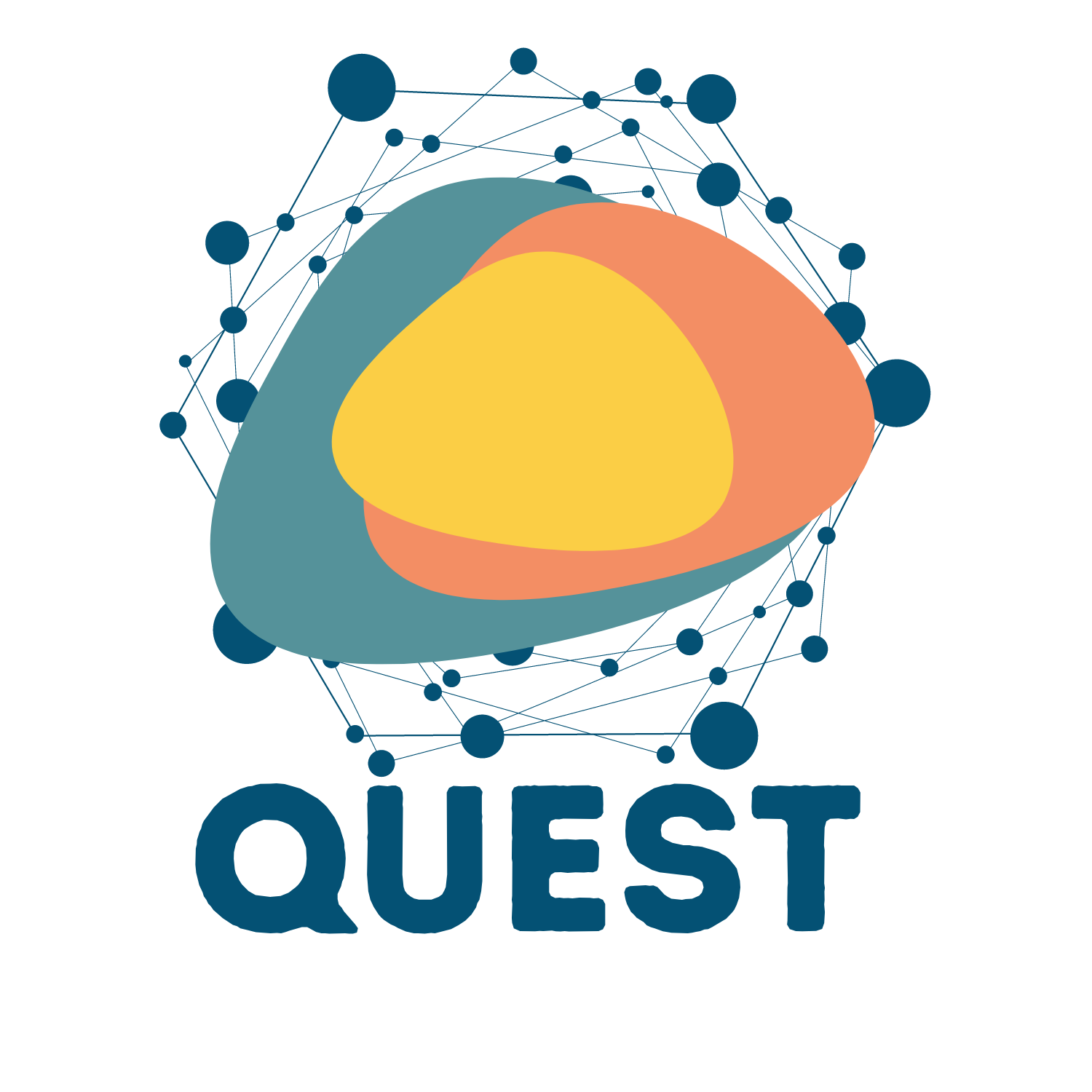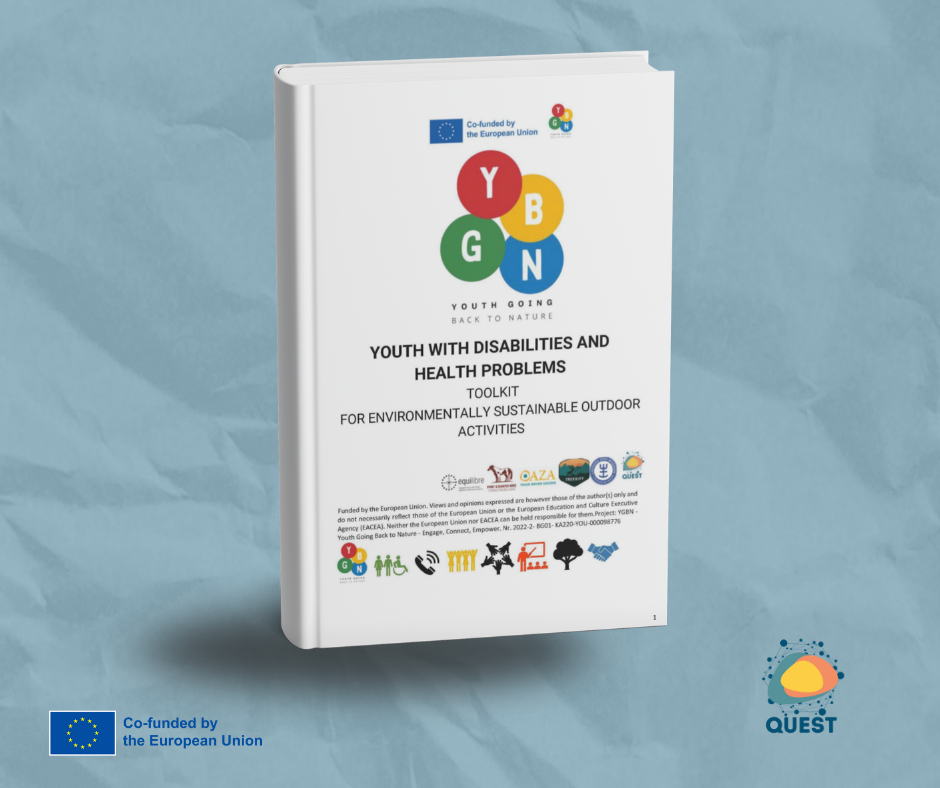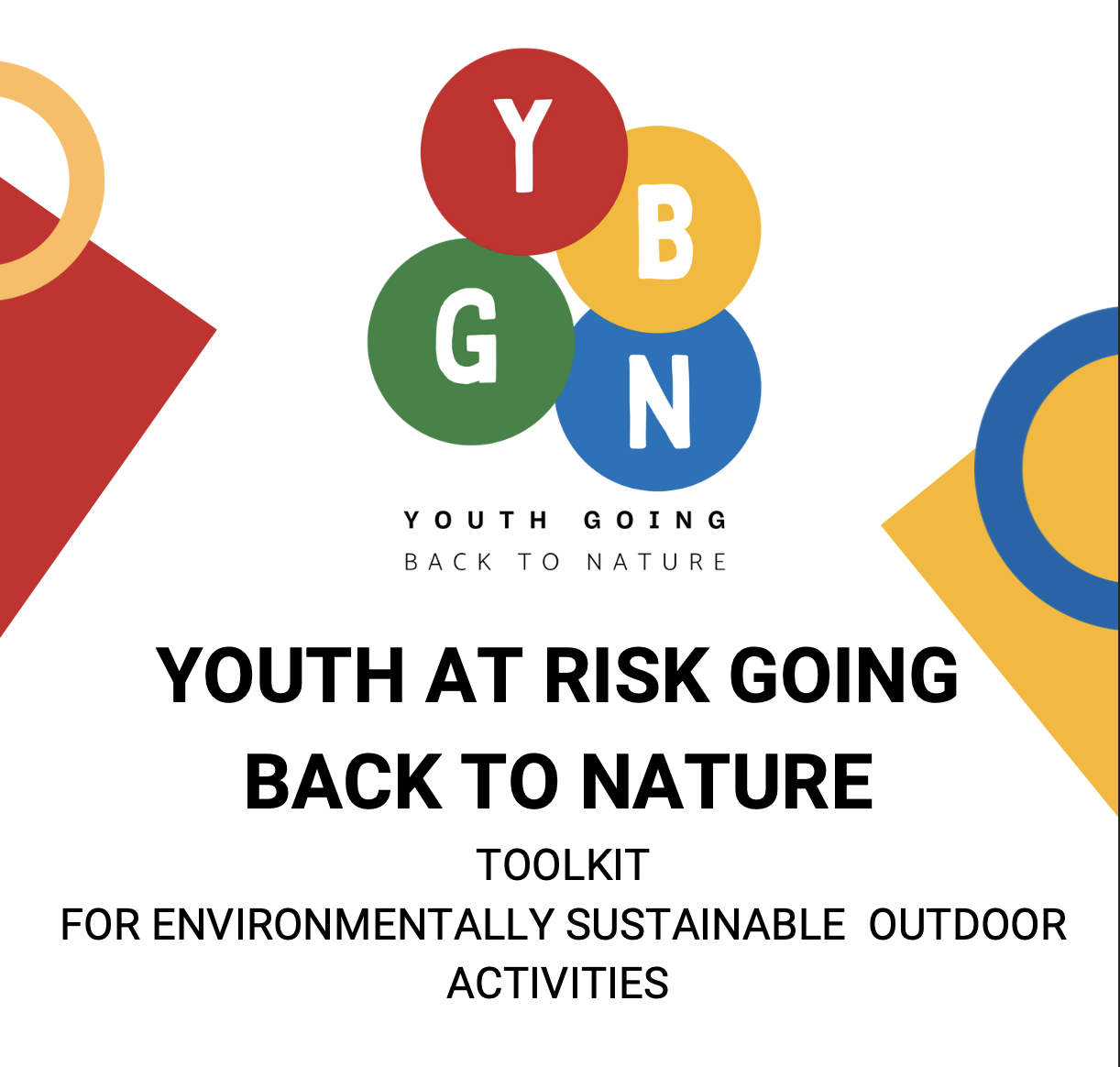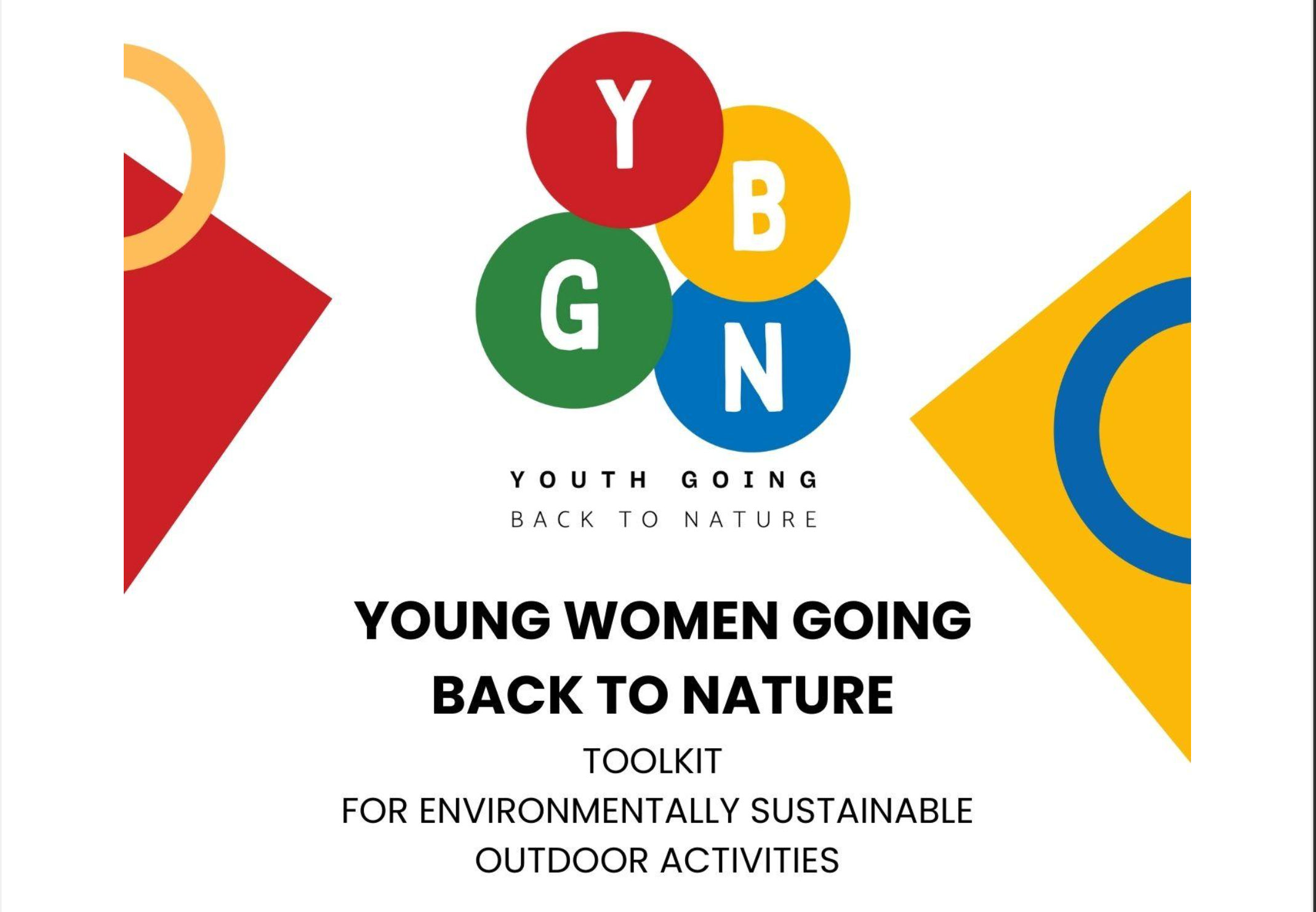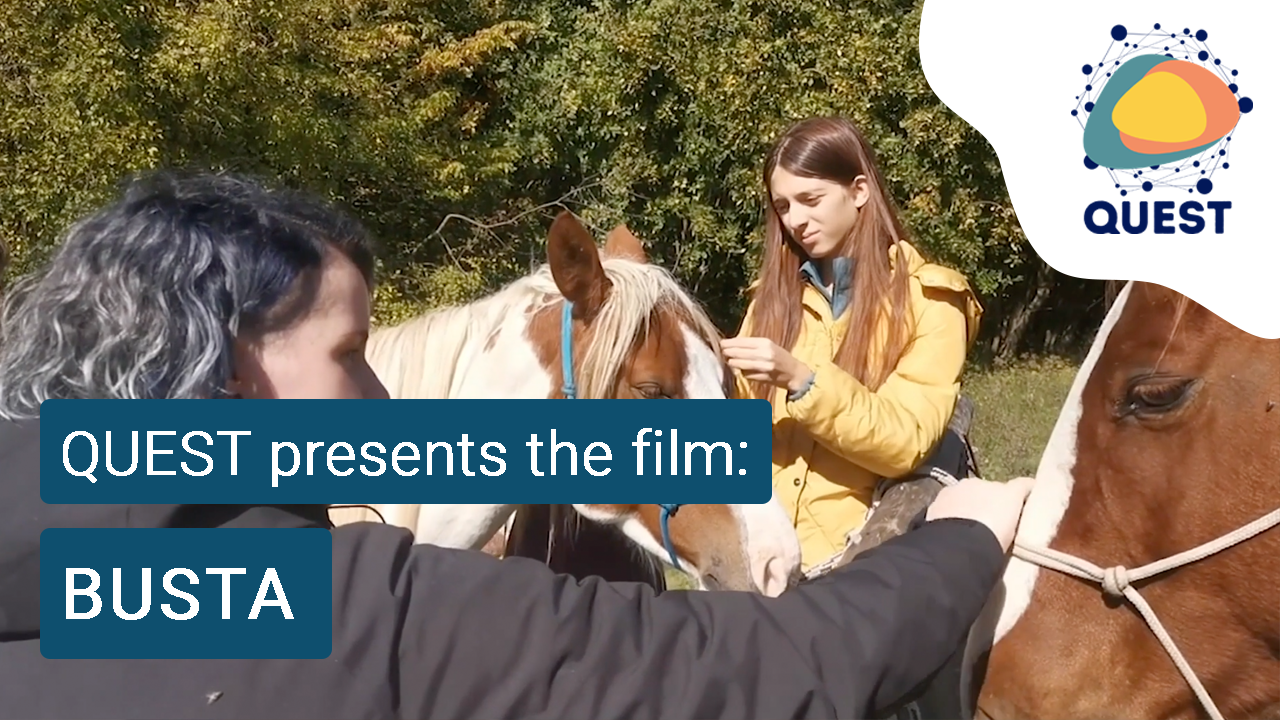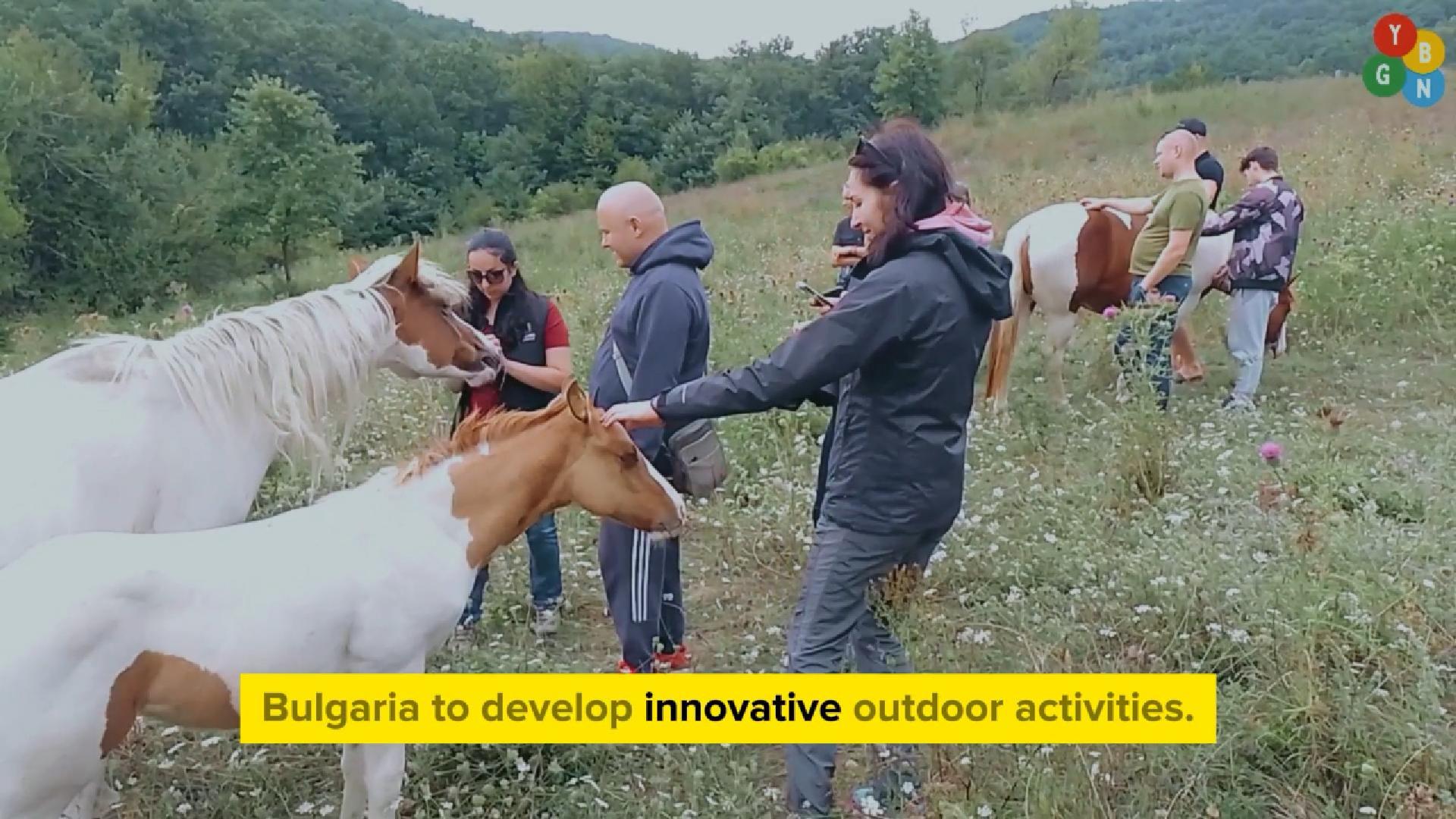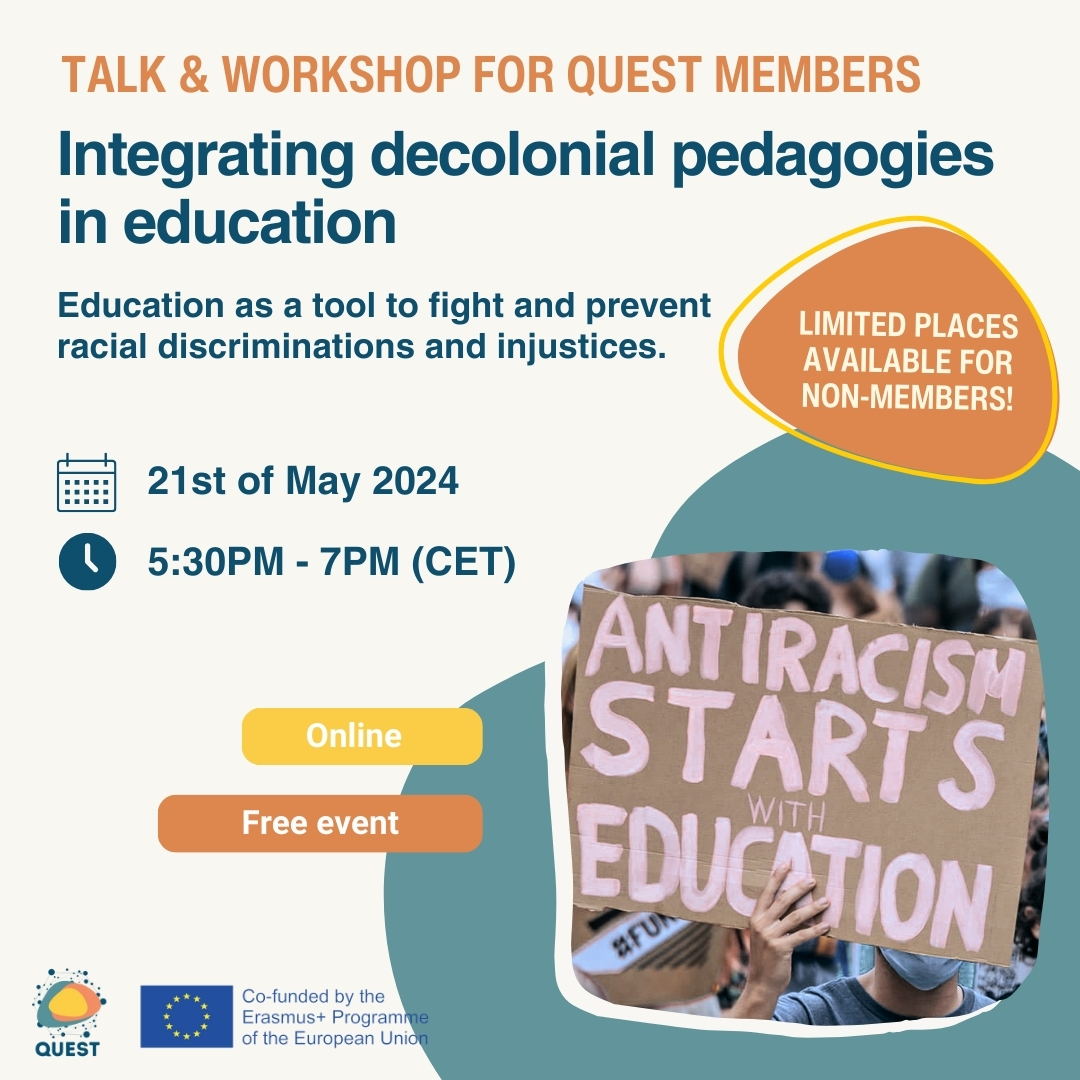areas of work
INCLUSIVE EDUCATION
Today, persistent inequities in access, experience, and opportunities persist across EU education systems. Achieving true equity requires collective will and action, not to “fix” children, but to confront and dismantle systemic barriers and hierarchies. Yet rigid and not relatable curriculums, underfunded infrastructures, and limited teacher training fail to address and center the diverse lived experiences of learners. In response, QUEST’s vision is to advance education as a place of liberation, emancipation, and relationships, responsive to the interests of children and youth in non-dominant groups.
Including all needs
Despite growing awareness of inclusion, children and young people with disabilities, students with special needs, and neurodivergent learners still face systemic discrimination. Barriers like insufficient support measures deny many the right to fully participate in mainstream education.
QUEST envisions an inclusive schooling system where students of all abilities learn together in a culture of care. Rather than segregating “mainstream” and “special” education, we advocate for integrated support systems, within schools and among peers, to dismantle discriminatory practices. We promote policies that ensure access and meaningful participation for all children and youth.
Social justice
Structural inequities — rooted in colonial legacies, race, gender, class, sexual orientation, age, and their intersections — impact educational access and opportunities. Schools must become spaces for social transformation, not reproduction, by centering children rights as human rights, and by learning for justice. Moreover, emancipatory education rejects meritocratic myths, adapting to each child’s circumstances to foster equitable participation in society.
For this, it is key to eliminate discriminatory conditions in policies, teaching practices, and institutional structures, including racism, ableism, sexism, ageism and LGBTQIA+ exclusion. It is also crucial, when there is a mandatory curricula, to make sure it reflects diverse histories, identities, and ways of knowing.
Contribute to eliminating barriers to ensure equal, inclusive education for every child and young person, including their right to meaningfully participate in their communities.
Case study: The BUSTA Project (BUilding Skills in schools through Training therapy Animals)
The BUSTA project, funded by the European Union, is a collaboration between three schools and three associations. They developed alternative school programs that incorporated activity sessions with therapy animals from March 2022 to March 2024. Students in each country interacted with different therapy animals: dolphins in Lithuania, an assistant dog in Belgium, and horses in Bulgaria. Three main outcomes were achieved: A documentary film showcasing the therapy animal activities, featuring students, teachers, and therapists; an Impact report detailing the development of students’ new skills and experiences; a Guidebook to aid organisations working with special needs individuals and schools interested in similar educational activities.
